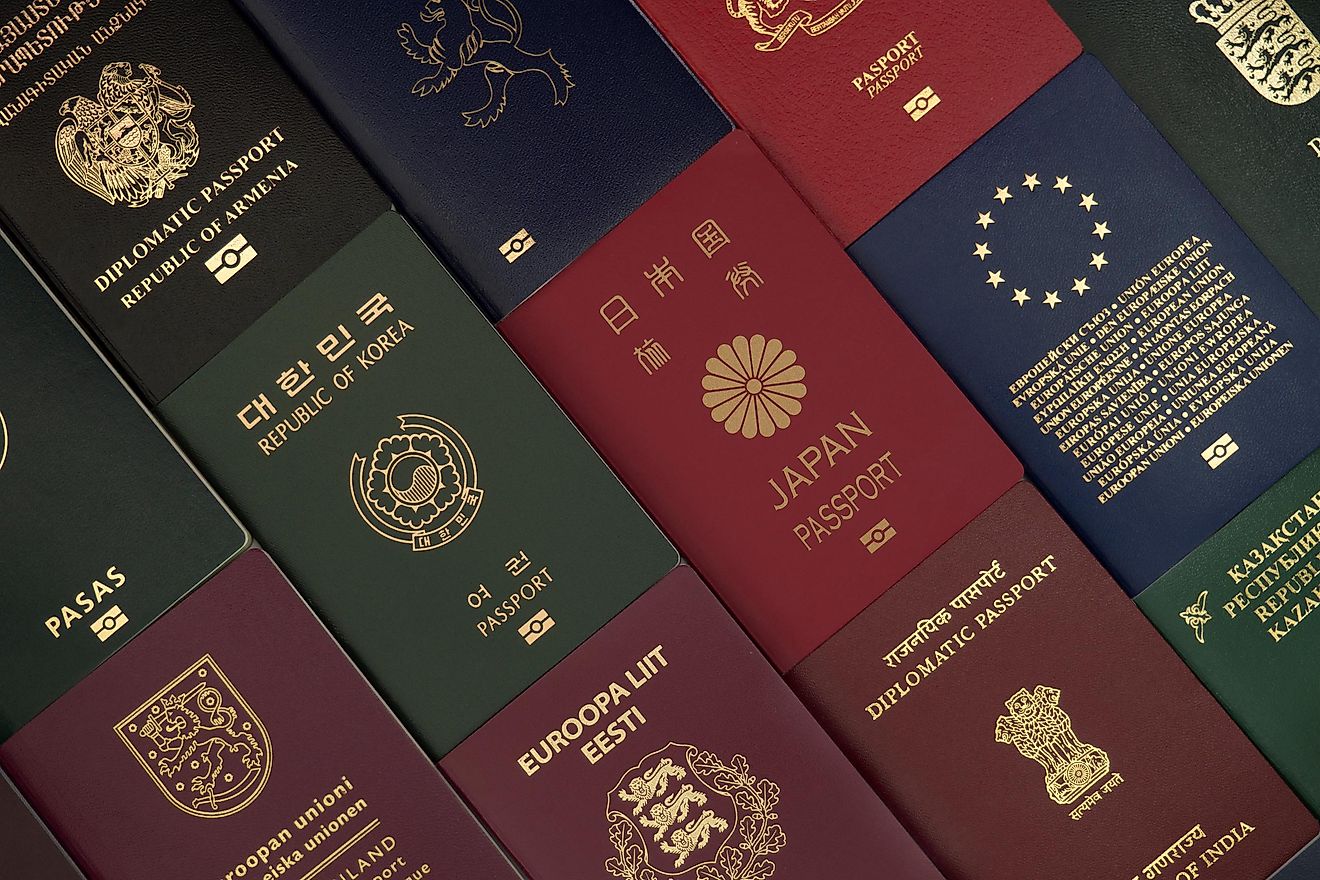What is the Difference Between a Citizen and a Denizen?

A denizen is a resident, inhabitant, or a regular of a specific place. It can be a citizen of a country, a frequenter at a local bar, or a residence of a neighborhood. The word “ denizen ” comes from the Anglo-French word “denzein,” which translates into “from” and “within.” Denizen relates to citizen, and its meaning may extend to refer to a person or a group of people with a specific relationship to a particular region or place. The word was initially used to refer to naturalized foreigners who became citizens.
A denizen also refers to a person, whether a citizen or non-citizen, who is entitled to remain or return to the country. A citizen is a person who is recognized by custom or law as a legal member of a state or nation. An individual may be a citizen of more than one country, but not everyone is entitled to citizenship. A person who is not legally recognized by the government of any country is said to be stateless, while one who lives on an undefined border is a border-lander.
Denization
To qualify as a denizen, one requires to identify with a particular place such as a neighborhood or restaurant. In a broader context, a denizen identifies with a country as a citizen. In the past, a denizen had a related but a different meaning. Denization was a process in today’s British Isles where foreigners acquired some of the rights that would otherwise be enjoyed only by citizens, including land ownership. The denizen was neither an alien nor a citizen but was subject to the laws and rights of the land. Denization was replaced by naturalization after the British Parliament adopted the British Nationality and Status of Aliens Act 1914. Lawrence Alma-Tadema of the Netherlands was the last person to be granted citizenship through the denization process in 1848. Denization was considered obsolete in 1933 when the Prince of Pless was advised to apply for citizenship under naturalization laws.
Citizenship
Each country has its regulations, policies, and criteria for awarding citizenship. All countries grant citizenship to the offspring of citizens, but in other cases, one is required to make an application. Citizenship by birth is granted to children of citizens. Formally, citizenship was awarded based on the paternal lineage, but since the 20th century, gender equality has become common. When a person is born outside the country by citizens, then the child automatically becomes a citizen. When a citizen of one country marries a citizen of another country, either may acquire the citizenship of their spouse. Naturalization occurs when an immigrant has spent a significant amount of time in the country to warrant citizenship.
Nationality and Citizenship
Most people use nationality as a synonym for citizenship, but the two words have related but different meanings. Nationality is acquired by birth, adoption, descent, or marriage. Under international law, every individual is entitled to a nationality, and no one can be deprived of his nationality. Citizenship is a much narrower concept and defines the relationship between a person and a state. It entitles an individual to certain responsibilities and rights. In most cases, a national is also a citizen, but in some countries such as Mexico, children are considered nationals and can only gain citizenship upon reaching 18 years.











